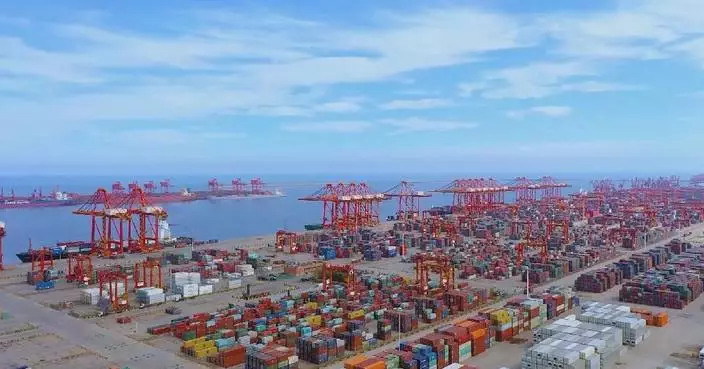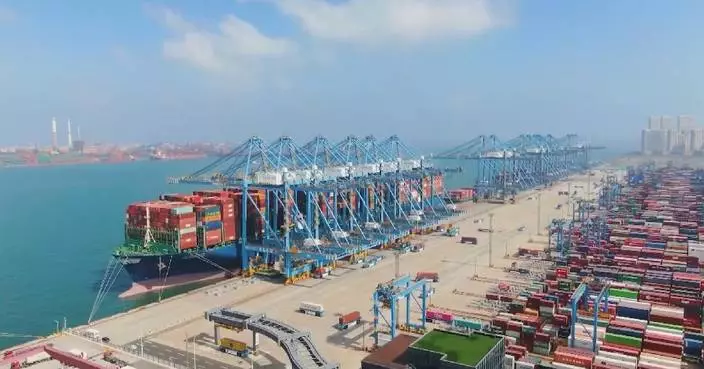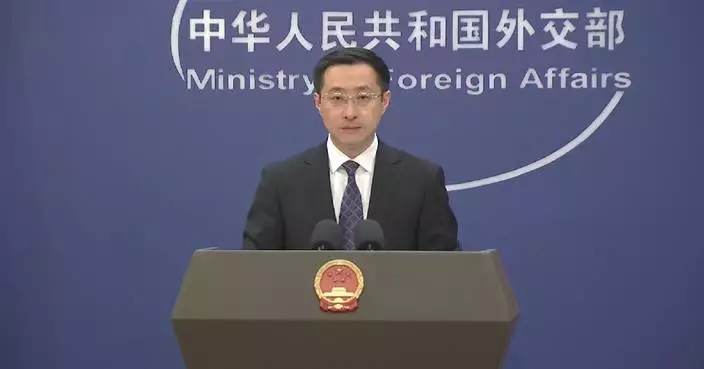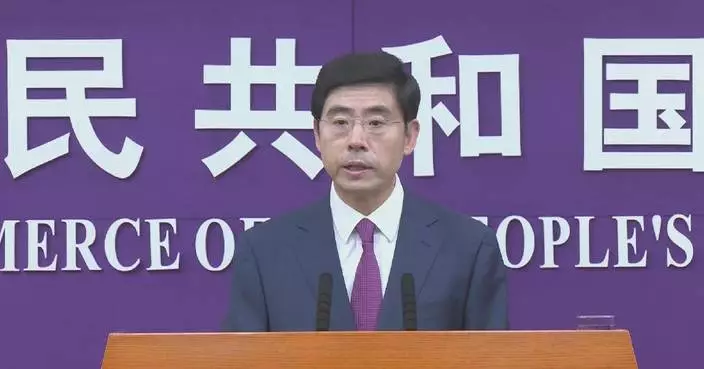China produced a total of 700 million tons of grain in 2024, reaching a historic high, the National Bureau of Statistics said Friday.
The milestone follows China's first grain output of 650 million tons in 2015.
One reason for the impressive number is China's commitment to developing high-standard farmland. The country has over 1 billion mu (about 66.67 million hectares) of high-standard farmland currently, up from less than 400 million mu a decade ago.
The yield from high-standard farmland can increase by up to 100 kilograms per mu compared to that of common land.
Now, high-standard farmland comprises more than 52 percent of the total cultivated land in the country, providing a strong foundation for increased grain production.
Another reason is China's efforts to enhance the variety and quality of seeds.
Over the past decade, China has promoted a total of 753 regionally adaptive dominant varieties across the country, with the contribution rate of improved seeds to increased production exceeding 45 percent.
Various regions in China have adjusted their planting structure and expanded the area dedicated to high-yield corn crops, especially by promoting farming techniques such as dense planting, with some regions increasing the number of plants per mu by 300 to 400.
In addition, regions have also identified counties focusing on overall yield improvement, allowing them to take the lead in promoting integrated technologies.
"This year, the wheat yield in counties focusing on overall yield improvement has increased by about 5.1 percent compared to last year, leading to an average increase of around 10 kilograms per mu in wheat production," said Han Yijun, a chief scientist of industrial economics of the China Agriculture Research System (CARS).
China's policies for benefiting farmers have also played a significant role in the growth of grain output. This year, the country has enhanced its support for grain production, providing full cost insurance and planting income insurance for the three major staple grains. It has also raised the minimum purchase prices for wheat and early indica rice, effectively boosting farmers' enthusiasm for grain production.
In addition, the country is also cultivating new types of agribusiness, with nearly 4 million family farms and over 2.2 million farmers' cooperatives established.

China produces 700 mln tons of grain in 2024: data





















































